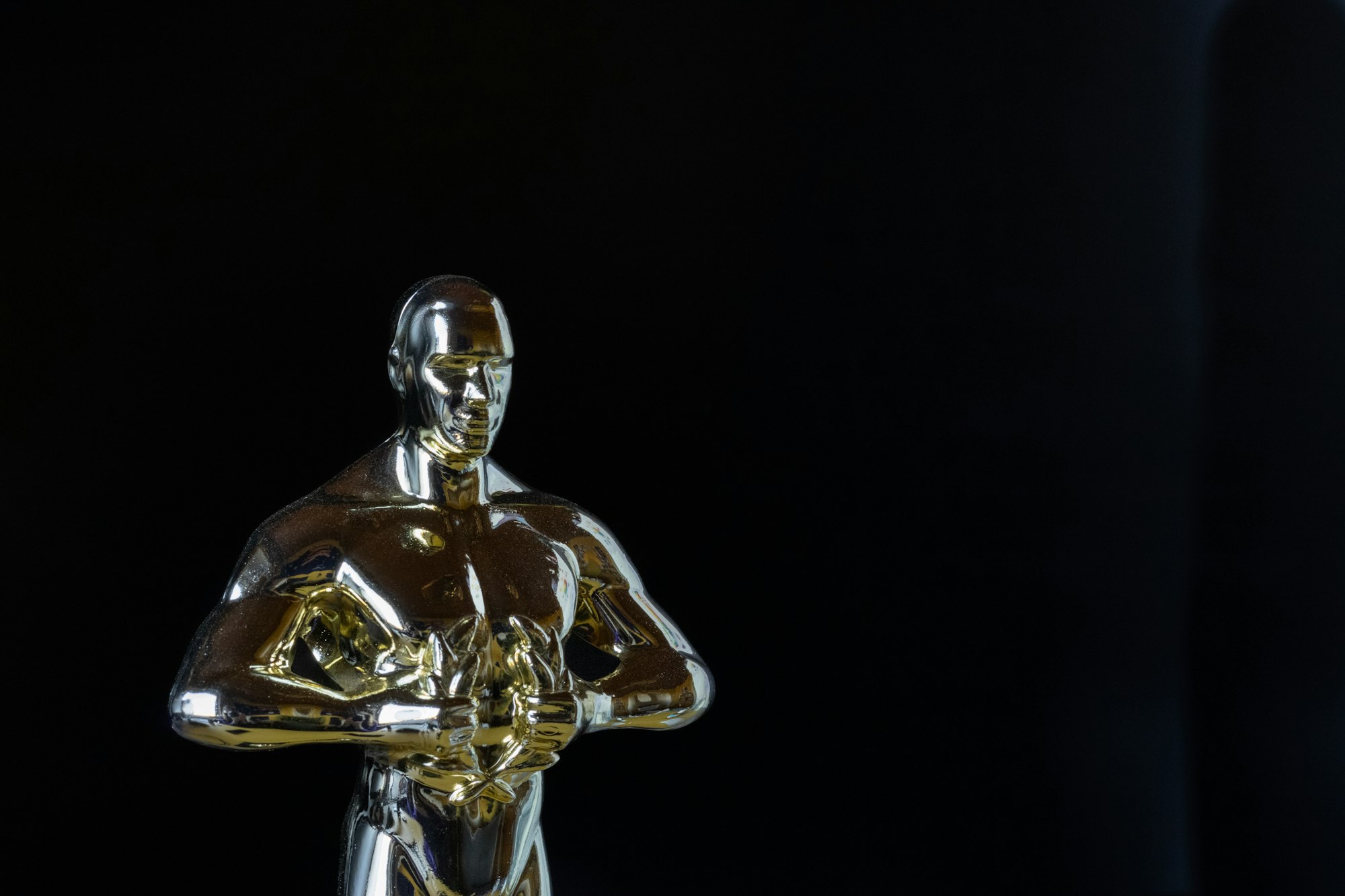Oscars: Apology Issued to Native American Activist Sacheen Littlefeather
The Academy of Motion Picture Arts and Sciences (AMPAS) has issued an apology to Native American activist, Sacheen Littlefeather, almost five decades after she was booed and jeered at on the Oscars stage while declining an award on behalf of Marlon Brando.

Facts
- The Academy of Motion Picture Arts and Sciences (AMPAS) has issued an apology to Native American activist, Sacheen Littlefeather, almost five decades after she was booed and jeered at on the Oscars stage while declining an award on behalf of Marlon Brando.
- Rather than accept the 1973 Oscar for best actor — for Brando’s role in The Godfather — Littlefeather made a 60-second speech denouncing “the treatment of American Indians” in the film industry.
- Audience members booed, and infamous western star John Wayne reportedly had to be restrained by six security men from pulling her off stage. Littlefeather also said she received “unwarranted and unjustified” abuse, and was blacklisted following the appearance.
- The ceremony appearance took place at a time of rising Native American activism: 1973 saw a mass occupation of Wounded Knee in South Dakota — the site of a massacre of Indigenous people by the US military in 1890 — in protest against the history of anti-Indigenous discrimination.
- According to David Rubin, the former president of AMPAS who issued an apology to Littlefeather back in June, her words continue “to remind us of the necessity of respect and the importance of human dignity.”
- “I was stunned,” said Littlefeather of the apology, “I never thought I’d live to see the day I would be hearing this.” The Academy Museum is due to honor her with an evening in conversation on Sept. 17.
Sources: Newsbud, Telegraph, BBC News, Al Jazeera, NBC, and FOX News.
Narratives
- Left narrative as provided by CBS. Even though the emotional burden endured by Littlefeather, and the damage to her career are irreparable, her courage can truly be acknowledged. She stood up for Native American rights that continue to be violated by US authorities — this apology is a positive recognition of the progress that has been made, but reforms must go further to protect vulnerable minorities.
- Right narrative as provided by UnHeard. Littlefeather didn’t deserve abuse, but developments like this shouldn’t distract from the attempts to rewrite history concerning the treatment of Native Americans by media organizations. Though mistakes were made, significant exaggerations in cases such as the Canadian residential school burial grounds have resulted in the profligate of misrepresented versions of history in which the indigenous industry has a key financial stake.






